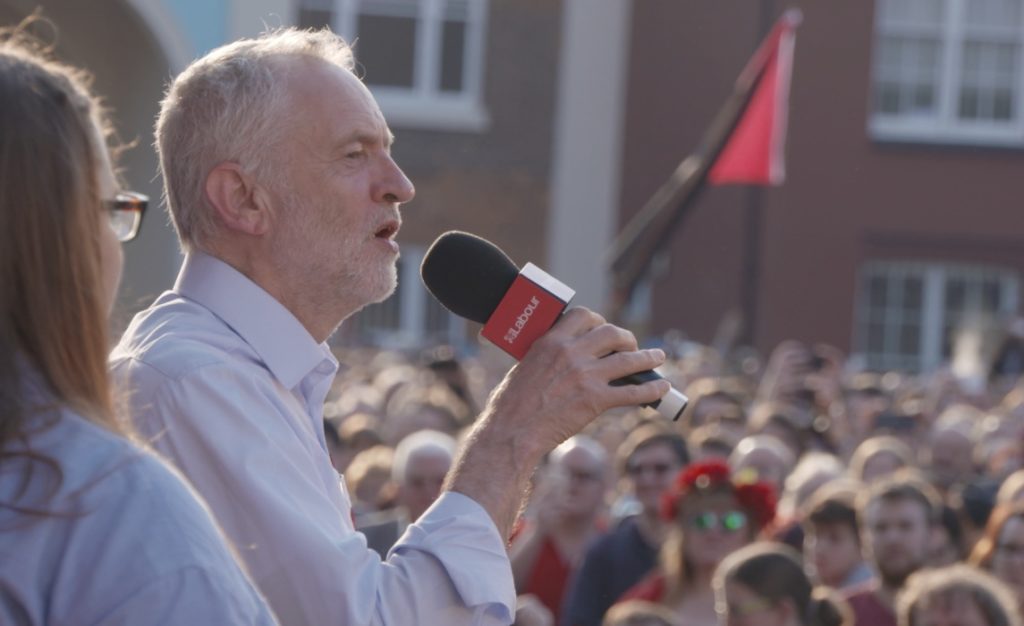Labour leader launches ‘Build it in Britain’ campaign

Labour has outlined its industrial strategy for the future of the UK’s manufacturing sector, including proposals to alter government procurements so they favour goods being built in Britain.
Launching the ‘Build it in Britain’ campaign during a visit to Birmingham, Labour leader Jeremy Corbyn said: “Labour’s industrial strategy will transform the shape of our economy and ensure prosperity is shared by every region and nation in the UK.”
He said a No Deal Brexit threatened the UK’s economy and no amount of cosying up to President Trump would resolve the situation.
“We want to see well-paid jobs in the industries of the future, fuelling the tax revenues that fund our public services and the NHS, rebuilding communities and increasing living standards for all,” he said.
Mr Corbyn said the successive focus on building up the wealth of the City of London and its financial sector had been at the detriment of other industries.
“A lack of support for manufacturing is sucking the dynamism out of our economy, pay from the pockets of our workers and any hope of securing well-paid jobs from a generation of our young people,” he said.
The aim was to create an economy that worked for all, he added.
“That is why we will build things again that for too long have been built abroad because we have failed to invest,” he said.
“Because Labour is committed to supporting our manufacturing industries and the skills of the workers in this country we want to make sure the government uses more of its own money to buy here in Britain.
“To ensure prosperity we must be supporting our industries, making sure that where possible the government is backing our industries and not merely overseeing their decline.”
He used the example of the train carriage sector – he later visited the site of Bombardier in Derby – to illustrate an industry where capacity was not being utilised.
He said many of the contracts to build new carriages went abroad, costing the UK dear and adding that such a situation was unsustainable.
If we want to reprogramme our economy so that it works for everybody, we must use powers we have to back good jobs and industry here,” said the Labour leader.
He said the next Labour government would bring contracts back in-house, ending outsourcing and utilising government purchasing power to support British companies and jobs.
SMEs would also be more involved in the tendering process rather than having to rely on large multi-nationals.
The plans were dismissed by the rival parties.